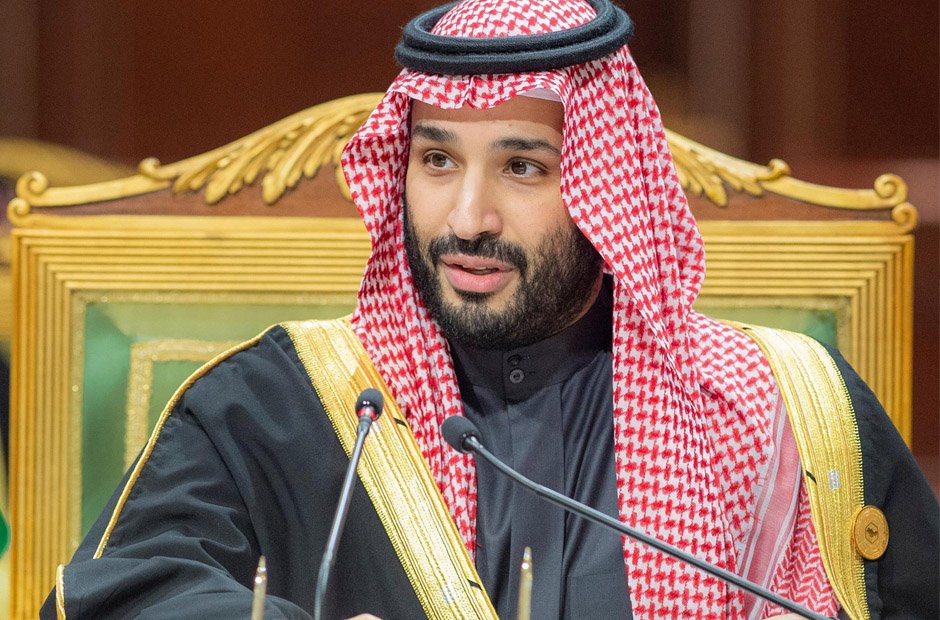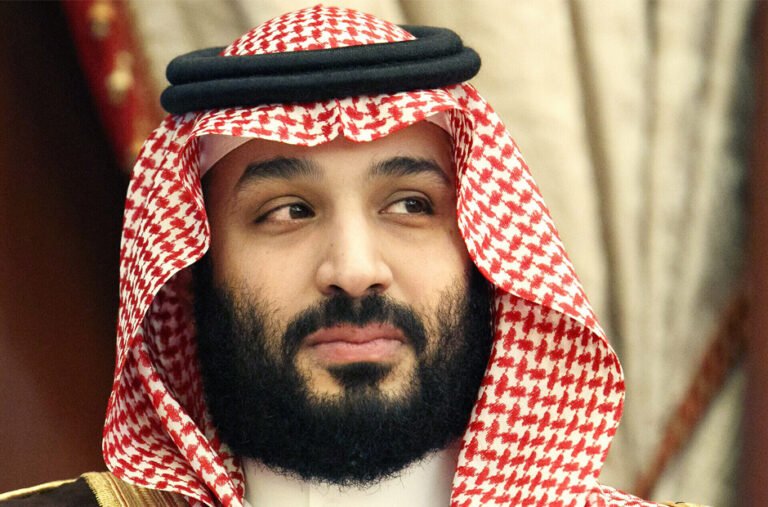Hey there, history buffs and royal enthusiasts! Let's dive into the fascinating world of Fahda bint Falah Al Hithlain, a name that echoes through the corridors of Saudi Arabian history. Fahda bint Falah Al Hithlain isn’t just another royal figure; she’s a symbol of strength, resilience, and cultural influence in the Middle East. Her story is one of quiet power and profound impact, shaping the narrative of Saudi Arabia’s royal lineage. If you’re intrigued by the lives of influential women in history, you’re in for a treat!
Imagine this: a woman born into a tribe with deep roots in the Arabian Peninsula, rising to become one of the most significant queens in Saudi Arabia. Fahda bint Falah Al Hithlain’s journey is not just about her role as a queen consort but also about her contributions to the cultural and social fabric of her nation. Her influence extends beyond the palace walls, touching the lives of countless Saudis. So, buckle up as we uncover the layers of her legacy!
Before we delve deeper, it’s worth noting that Fahda bint Falah Al Hithlain’s life isn’t just a tale of royalty. It’s a story of transformation, tradition, and the evolving role of women in a rapidly changing world. Her life serves as a testament to the enduring power of heritage and the importance of preserving cultural identity. So, whether you’re here for history, culture, or simply a great story, Fahda’s tale has something for everyone. Let’s get started, shall we?
Read also:Love Is In The Air Ahead Of Valentines Day But Romance Scammers Are Also Lurking Around
Biography: Fahda bint Falah Al Hithlain
Let’s kick things off with a little background info. Fahda bint Falah Al Hithlain was born into the prominent Al Hithlain tribe, known for its rich history and influence in the Arabian Peninsula. Her early life was steeped in tradition, surrounded by the values and customs that define her heritage. This upbringing laid the foundation for the woman she would become—a queen who balanced tradition with modernity.
Here’s a quick snapshot of Fahda’s personal details:
| Full Name | Fahda bint Falah bin Sultan bin Turki Al Hithlain |
|---|---|
| Date of Birth | Exact date unknown, but believed to be in the early 20th century |
| Place of Birth | Al Jouf, Saudi Arabia |
| Family | Member of the Al Hithlain tribe, a prominent family in Saudi history |
| Spouse | King Faisal bin Abdulaziz Al Saud |
As you can see, Fahda’s life was intertwined with the royal family from the very beginning. Her marriage to King Faisal marked the beginning of a new chapter, not just for her, but for the entire nation. Let’s explore her role in more detail.
Fahda’s Marriage to King Faisal: A Strategic Union
Now, let’s talk about Fahda’s marriage to King Faisal. This wasn’t just a love story; it was a strategic move that solidified alliances between powerful tribes and the royal family. The union of Fahda bint Falah Al Hithlain and King Faisal bin Abdulaziz Al Saud was a masterstroke in Saudi politics, strengthening the bonds between the Al Saud dynasty and the Al Hithlain tribe.
Impact on Saudi Politics
This marriage wasn’t just about personal connections; it had far-reaching implications for Saudi Arabia’s political landscape. By aligning with the Al Hithlain tribe, King Faisal ensured the loyalty of a powerful ally, which was crucial during a time of rapid change and modernization in the kingdom.
Here are a few key points to consider:
Read also:Costco Is Bringing Back Its 20 Membership Deal But Hurry Up Its Only For A Limited Time
- The Al Hithlain tribe was known for its military prowess and strategic influence.
- Fahda’s marriage helped bridge cultural divides, promoting unity among diverse groups within Saudi Arabia.
- This alliance strengthened the royal family’s grip on power, ensuring stability during a period of significant transformation.
The Cultural Legacy of Fahda bint Falah Al Hithlain
When we talk about Fahda bint Falah Al Hithlain, it’s impossible not to mention her cultural contributions. As a queen consort, she played a pivotal role in preserving and promoting Saudi traditions. Her influence extended beyond the palace, touching the lives of ordinary Saudis and helping to shape the nation’s cultural identity.
Preserving Tradition in a Modern World
In a rapidly changing world, Fahda stood as a beacon of tradition. She championed the preservation of Saudi customs, ensuring that the rich heritage of the Arabian Peninsula was passed down to future generations. Her efforts weren’t just about nostalgia; they were about maintaining a connection to the past while embracing the future.
Key aspects of her cultural legacy include:
- Supporting traditional arts and crafts, such as weaving and calligraphy.
- Promoting education and cultural awareness among women.
- Encouraging the celebration of national festivals and cultural events.
Fahda’s Role in Women’s Empowerment
Let’s shift gears and talk about Fahda’s impact on women’s empowerment. While she wasn’t a feminist in the modern sense, her influence paved the way for greater opportunities for women in Saudi Arabia. Through her actions and example, she demonstrated the importance of education, cultural engagement, and social responsibility.
Challenges and Triumphs
Living in a patriarchal society, Fahda faced numerous challenges. However, she rose above them, using her position to advocate for change. Her support for women’s education and cultural participation helped break down barriers and open doors for future generations.
Here’s how Fahda made a difference:
- Encouraging women to pursue education and professional opportunities.
- Supporting initiatives that empowered women in rural areas.
- Serving as a role model for young women across the kingdom.
Family Life and Personal Values
Now, let’s take a closer look at Fahda’s family life and the values she instilled in her children. As a mother and queen, she balanced her responsibilities with grace and wisdom, ensuring that her family remained grounded in tradition while embracing the opportunities of the modern world.
Raising the Next Generation
Fahda’s influence extended to her children, who grew up to become influential figures in their own right. Her emphasis on education, cultural awareness, and social responsibility shaped their perspectives and prepared them for leadership roles in Saudi society.
Some of her core values included:
- Importance of education and lifelong learning.
- Respect for cultural heritage and traditions.
- Commitment to social justice and community service.
Historical Context: Fahda’s Era
To truly understand Fahda bint Falah Al Hithlain’s impact, we need to consider the historical context of her era. During the mid-20th century, Saudi Arabia underwent significant changes, from economic development to social transformation. Fahda’s life and legacy were shaped by these changes, and she played a crucial role in navigating the challenges of her time.
Key Events in Saudi History
Here are some key events that defined Fahda’s era:
- Discovery of oil and the subsequent economic boom in Saudi Arabia.
- Modernization efforts under King Faisal, including education and infrastructure development.
- Cultural and social changes that reshaped the nation’s identity.
Legacy and Influence
As we wrap up our exploration of Fahda bint Falah Al Hithlain’s life, it’s clear that her legacy extends far beyond her role as a queen consort. Her contributions to Saudi culture, women’s empowerment, and social change have left an indelible mark on the nation. Even today, her influence can be seen in the ongoing efforts to preserve tradition while embracing progress.
Looking to the Future
Fahda’s story serves as a reminder of the power of tradition and the importance of cultural preservation. As Saudi Arabia continues to evolve, her legacy remains a guiding light, inspiring future generations to honor their heritage while embracing the opportunities of the modern world.
Conclusion: Celebrating Fahda bint Falah Al Hithlain
And there you have it, folks—a glimpse into the life and legacy of Fahda bint Falah Al Hithlain. From her strategic marriage to King Faisal to her cultural contributions and impact on women’s empowerment, Fahda’s story is one of resilience, tradition, and progress. Her influence continues to shape Saudi Arabia, reminding us of the enduring power of heritage and the importance of preserving cultural identity.
So, what do you think? Did you learn something new about Fahda bint Falah Al Hithlain? Let us know in the comments below! And if you enjoyed this article, be sure to share it with your friends and family. Together, let’s celebrate the incredible women who have shaped our world!
Table of Contents
Biography: Fahda bint Falah Al Hithlain
Fahda’s Marriage to King Faisal: A Strategic Union
The Cultural Legacy of Fahda bint Falah Al Hithlain
Fahda’s Role in Women’s Empowerment
Family Life and Personal Values
Historical Context: Fahda’s Era
Conclusion: Celebrating Fahda bint Falah Al Hithlain
Hope you enjoyed the journey through Fahda’s world! Keep exploring, keep learning, and keep sharing the stories that inspire you.


